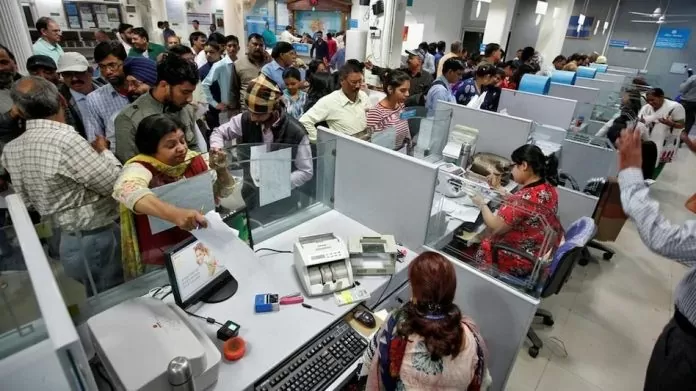After the Banking Laws (Amendment) Bill was passed in the Rajya Sabha, bank account holders can now add four nominees. This change will reduce unclaimed deposits and help resolve succession disputes. A new process of simultaneous and successful nomination has been implemented. Let’s know the complete details.
Bank Nomination Rules: Now bank account holders will be able to add four nominees instead of one. This can help in reducing disputes regarding the inheritance of money. This change has come after the Banking Laws Amendment Bill was passed in the Rajya Sabha.
The purpose of this move is to give more flexibility in the distribution of financial assets. Also, the number of unclaimed deposits in the banking system is to be reduced.
What changes have been made in the nomination rules?
Earlier, account holders could add only one nominee, who was entitled to receive money from their bank account after their death. Now, under the new rules, up to four nominees can be nominated. This will make it easier for the account holder to divide the money according to his wish.
For example, if an account holder can make his wife as well as his parents and children as nominees. And can decide how much money they will get.
In this amendment, two types of nomination methods have been added – Simultaneous and Successive. This will enable better division of money after the death of the account holder.
Details of both nomination processes
The first nomination process is Simultaneous Nomination. In this, the account holder can tell how his deposit amount will be divided among the nominees. For example, if someone has ₹10 lakh in his account and there are three nominees, then he can divide it in the ratio of 40:30:30.
This means that the first nominee will get ₹4 lakh. Whereas, the second and third nominees will get ₹3 lakh each.
The second is Successive Nomination. In this, there is a provision to give the account holder’s money according to the priority order. This means that if the first nominee is not available, then the money will go to the second nominee.
For example, if ‘Meena’ is the primary nominee, but she is not available, then the money will go to the second nominee ‘Suresh’. If ‘Suresh’ is also not available, the amount will be transferred to the third nominee ‘Mahesh’. The purpose of this process is to ensure that if something unfortunate happens to a nominee before he receives the money, the money automatically goes to the next nominee.
New rules for bank lockers
The nomination rules for bank lockers have also been updated in this amendment. Both nomination methods (simultaneous and successful) apply to bank accounts. But only successful nomination will be allowed for bank lockers. Meaning that in a sequential manner, if the first nominee is not there, the next one will become eligible.
What will be the impact of this change on customers?
This change is expected to reduce unclaimed deposits. According to RBI data, it had increased from ₹ 62,225 crore in March 2023 to ₹ 78,213 crore in March 2024.
This will make it easier for families to access money deposited in bank accounts and avoid legal complications. Legal litigation is also expected to reduce. Because this will make the administrative process easier for banks by clarifying nominee rights and reducing disputes.

